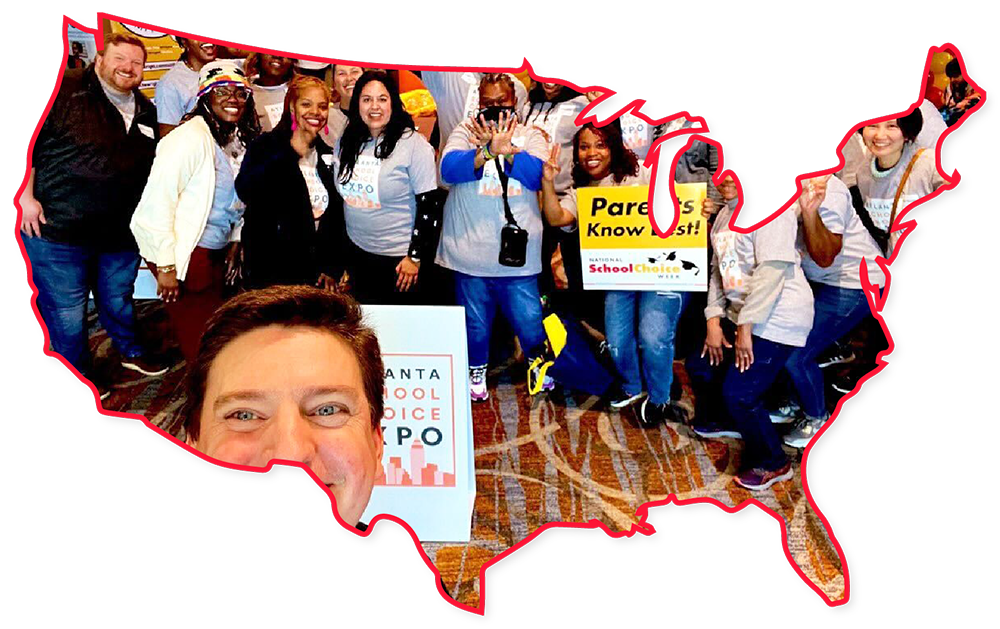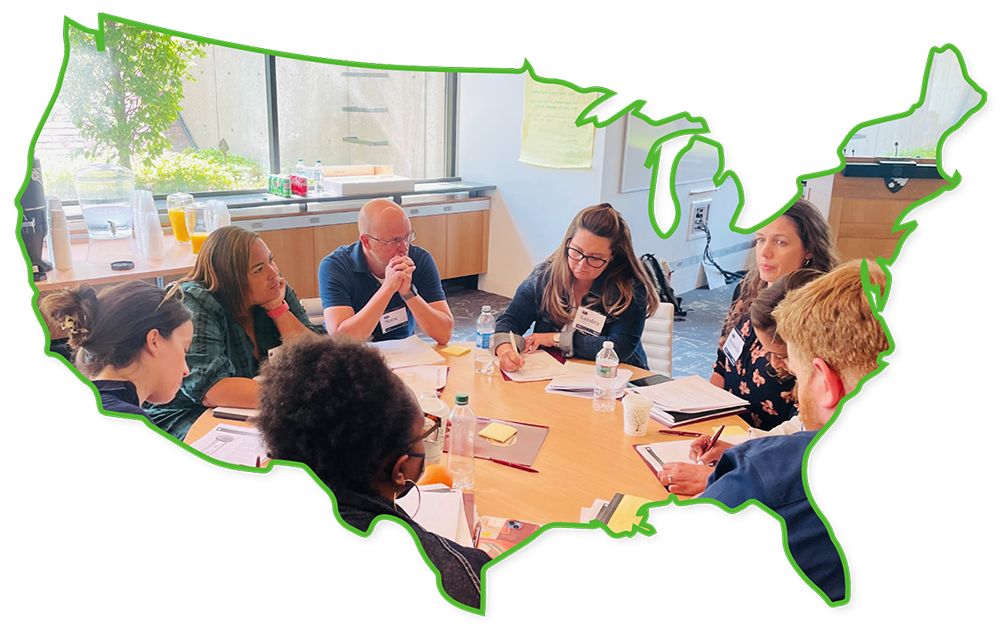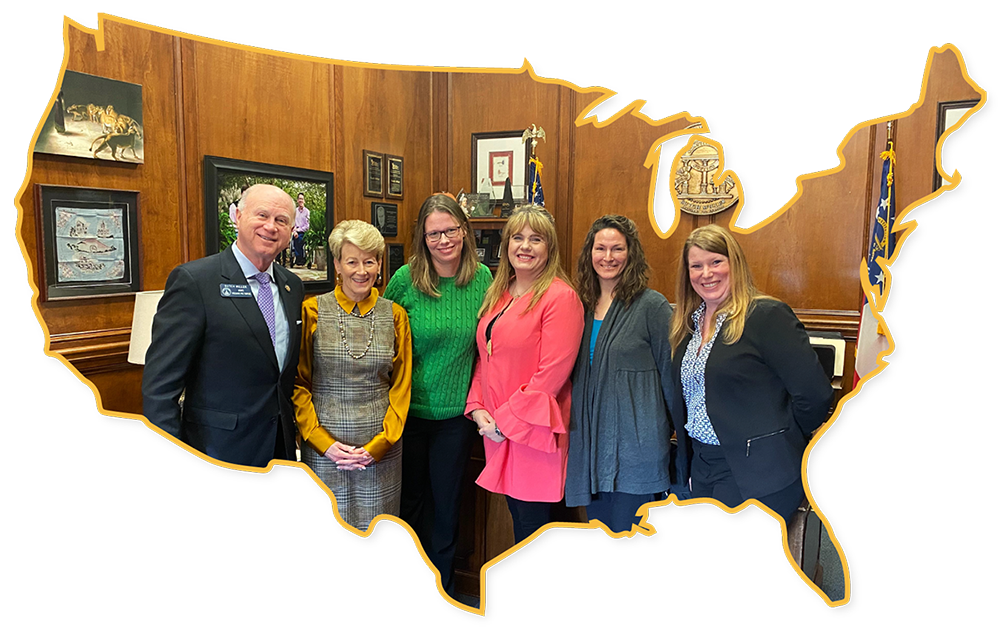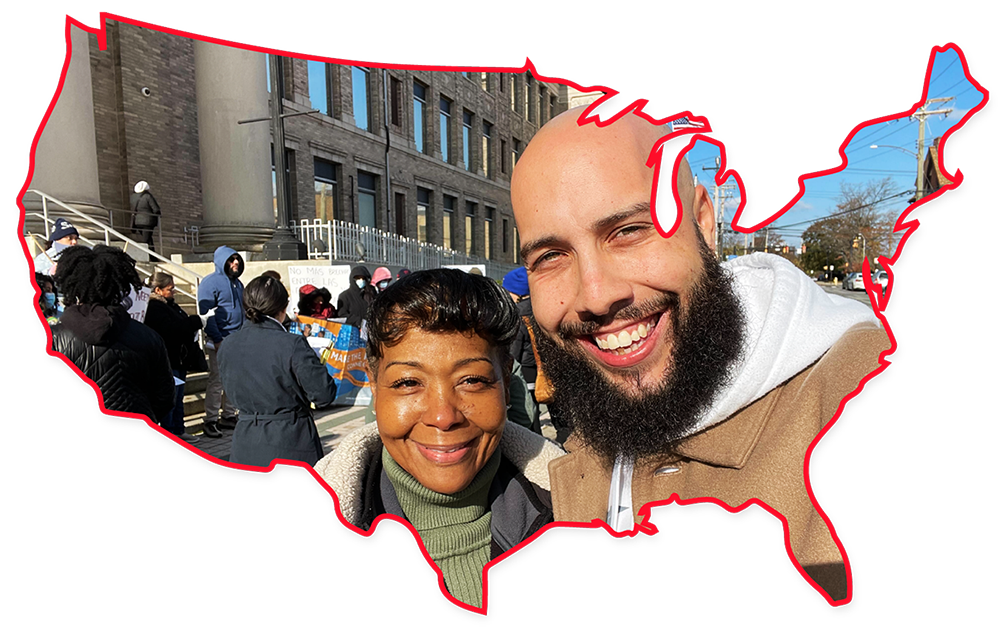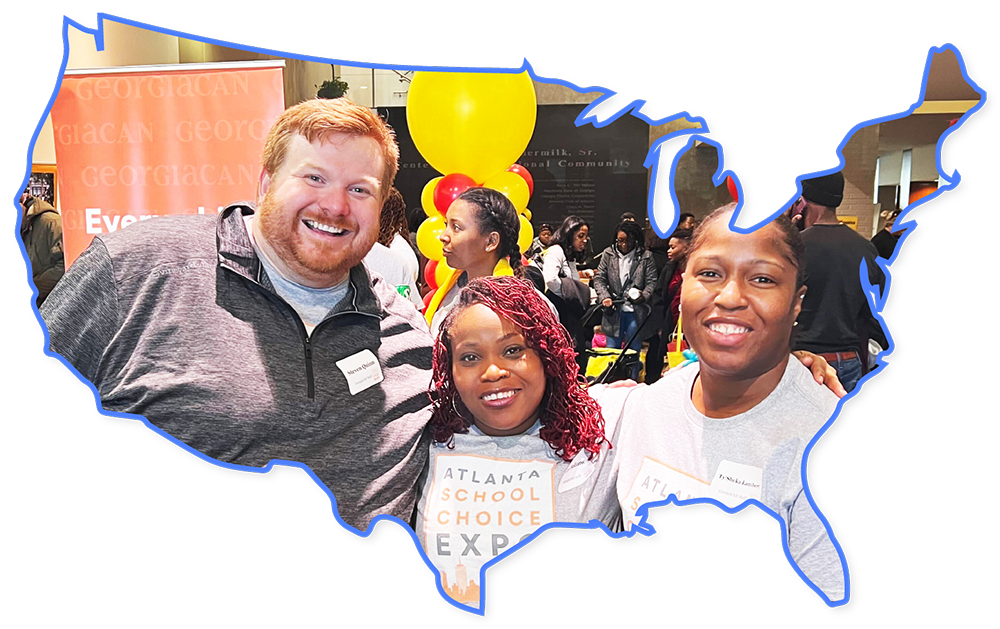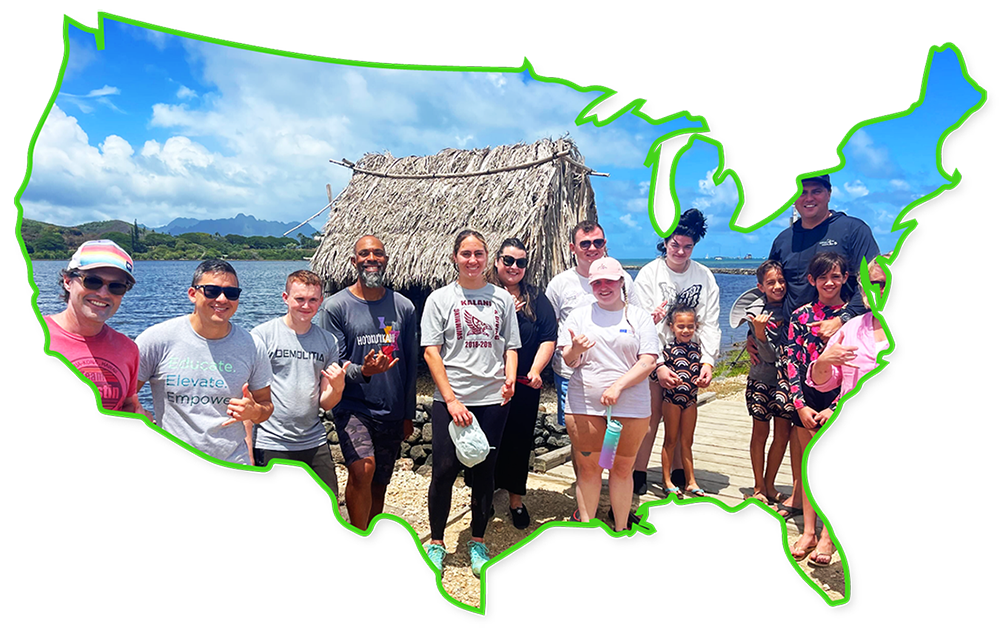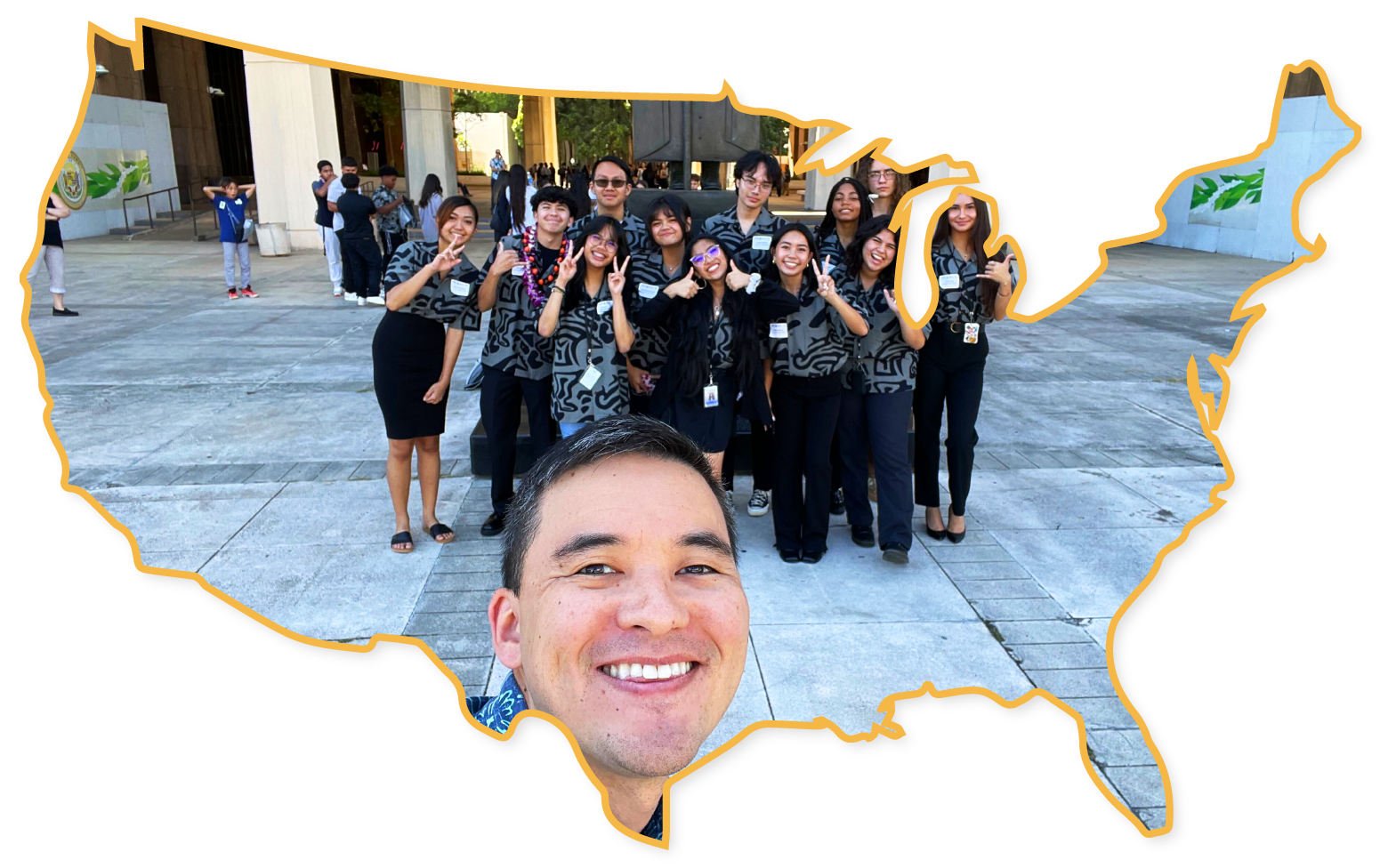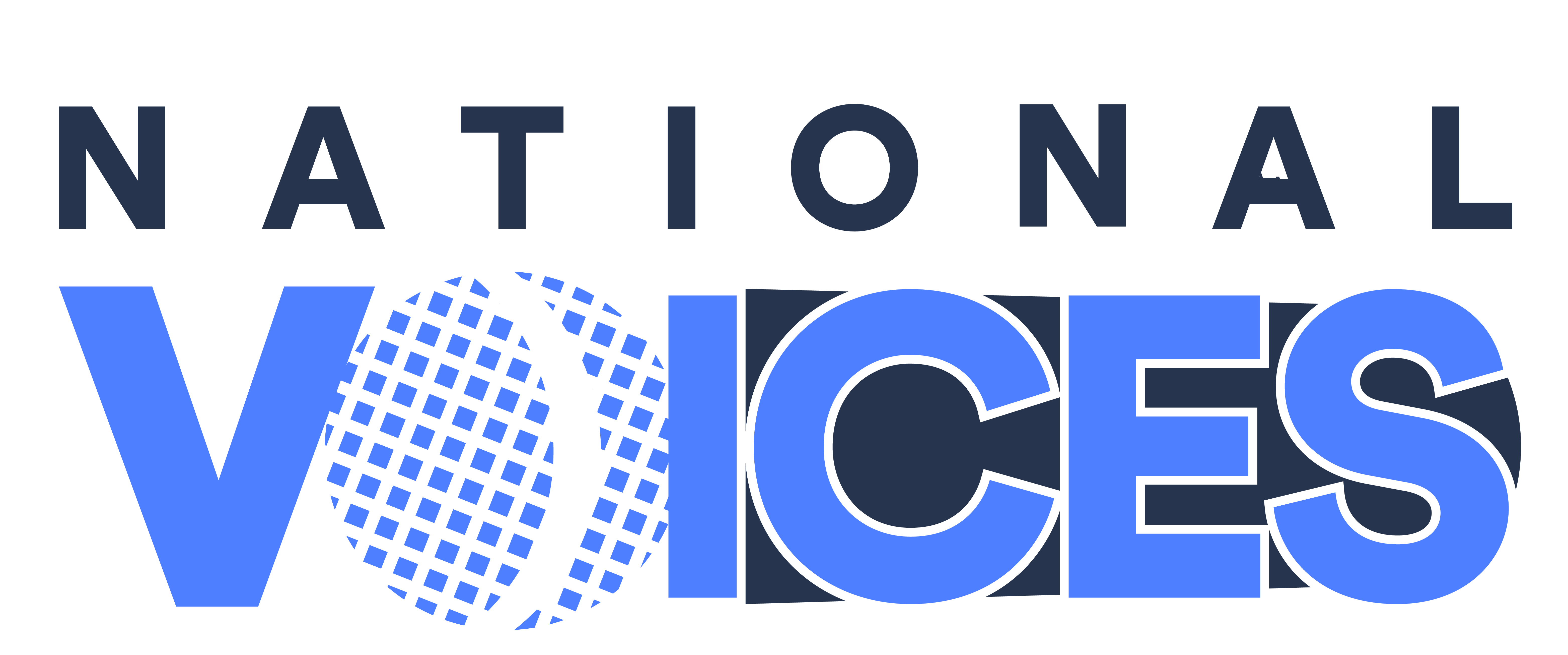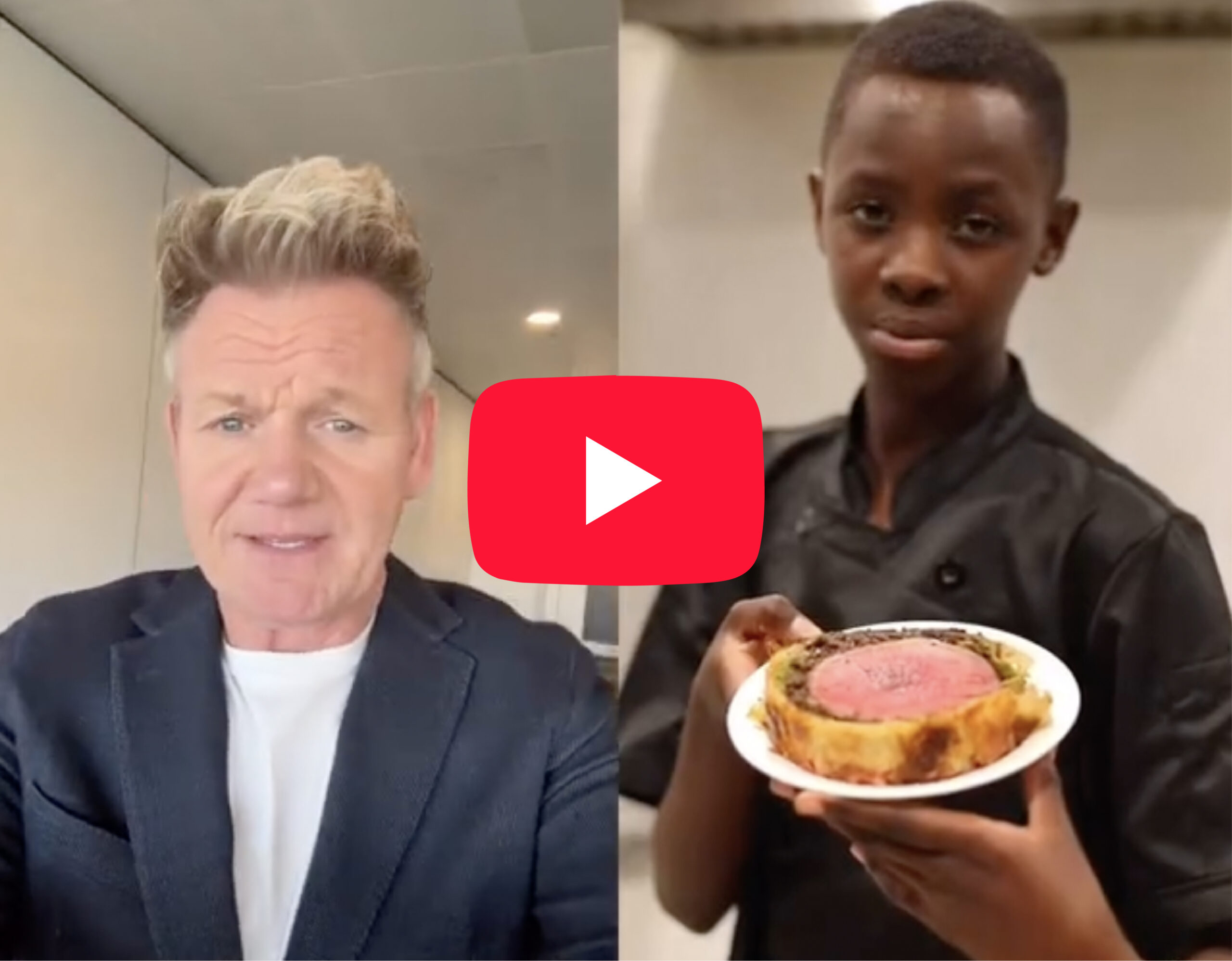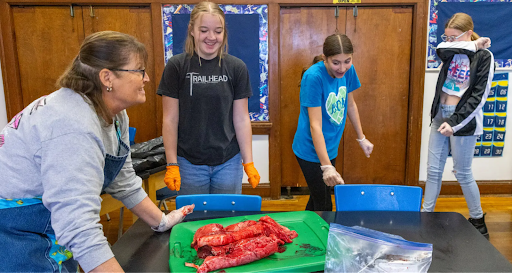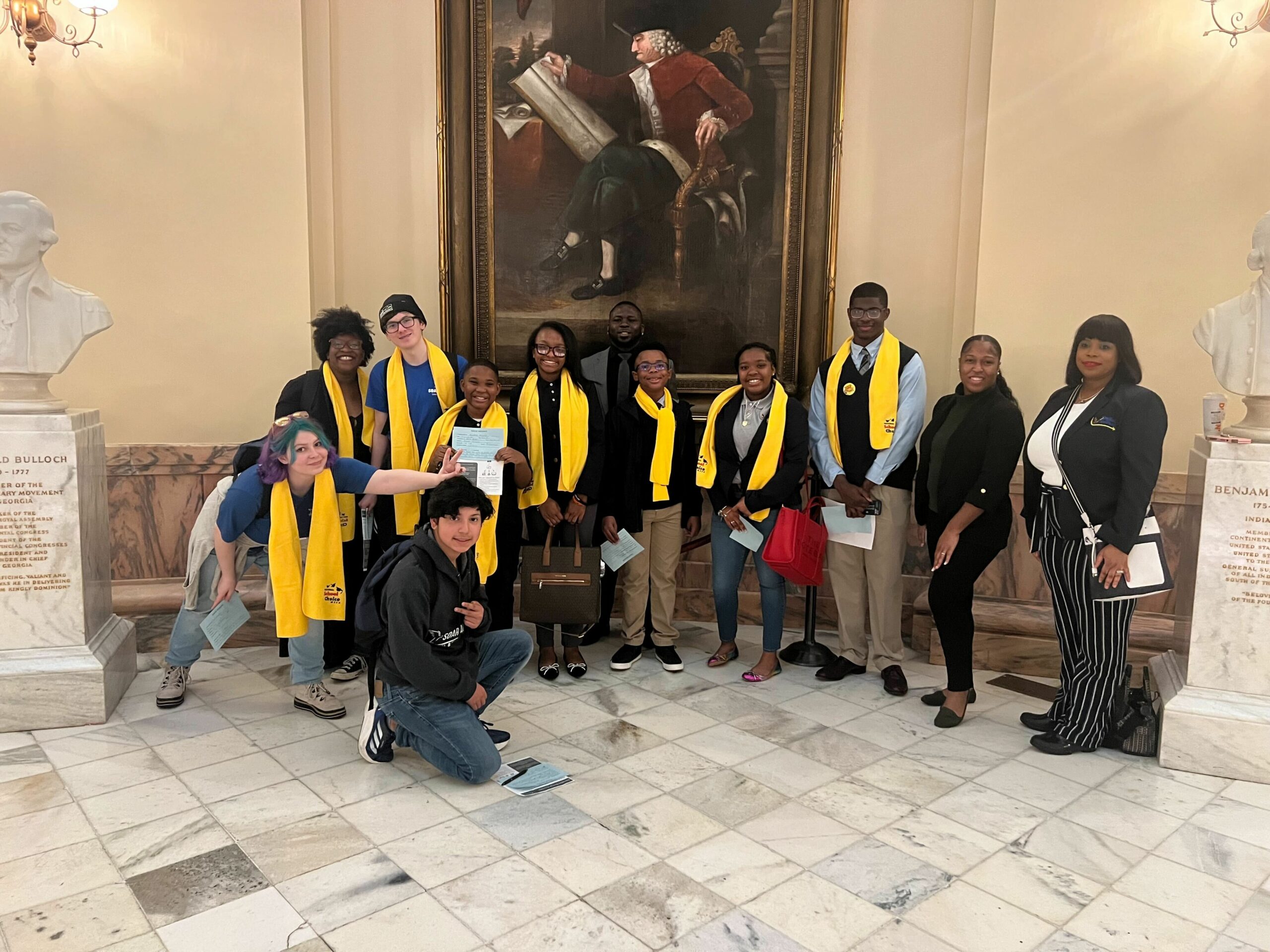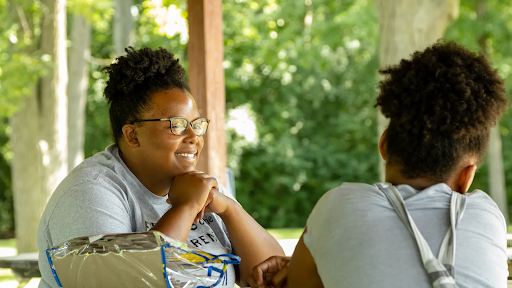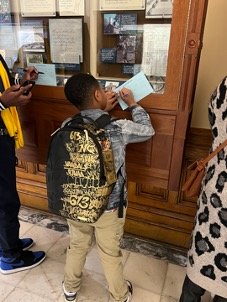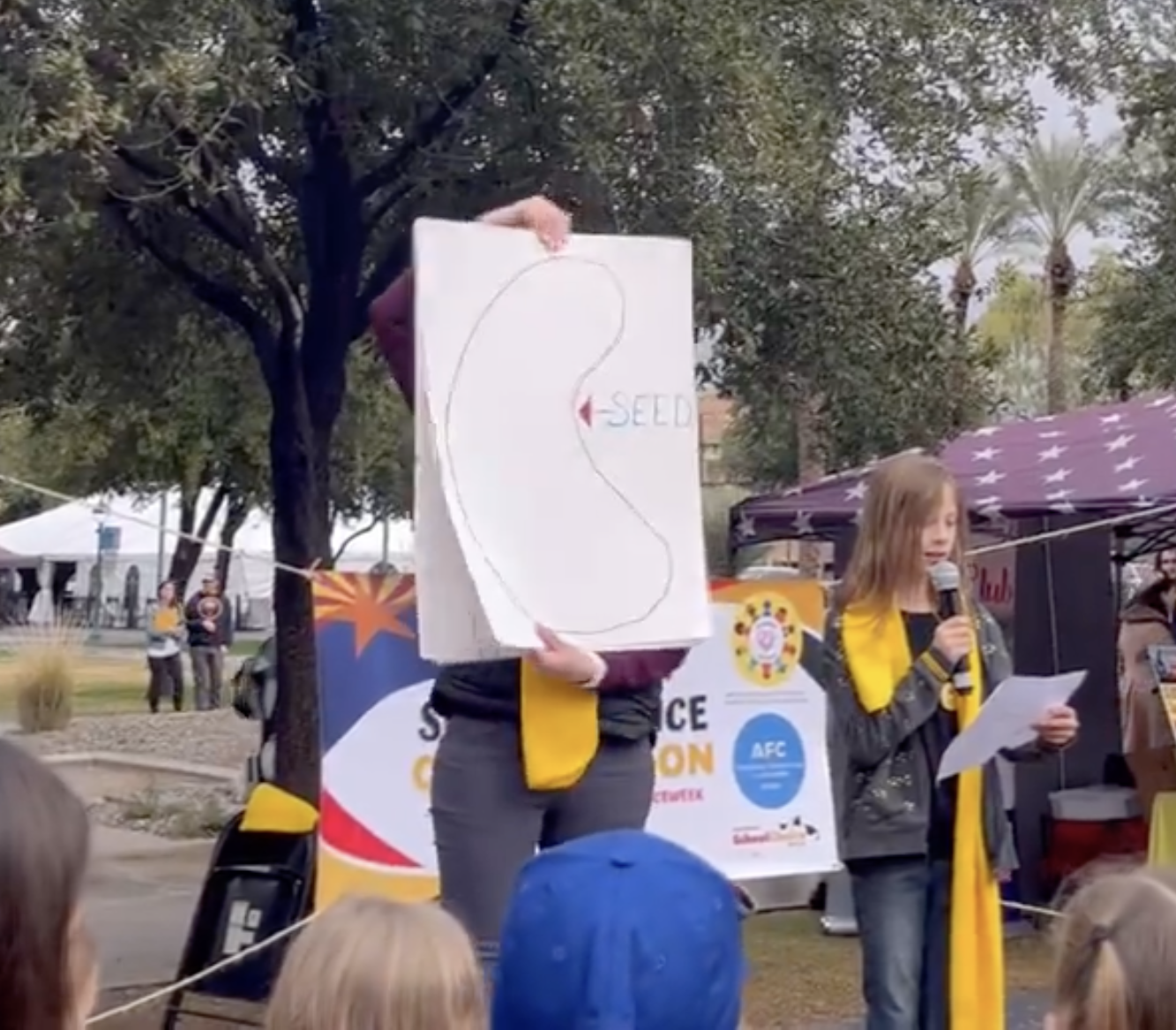At 50CAN, we see a vision for
The Future of American Education
What we do
To transform our education system, we all have a role to play. Leaders at 50CAN work in one of four domains that, taken together, will bring about the future. Together these four approaches–advocate, spark, build, and serve–are ushering in new pathways to learning that are helping millions of kids get the support they need to thrive.
ADVOCATE
At our core, 50CAN is a network of state-based, local leaders who ADVOCATE and drive change at the local level through first-in-class advocacy.
SPARK
This local advocacy is complemented by our investments to find fresh policies and new voices who SPARK ideas and advance the public will in favor of the big educational changes that are necessary.
BUILD
We also partner with educational entrepreneurs who BUILD new proof points of what’s possible in an education system where kids can truly learn anywhere.
SERVE
And we support committed leaders on local school boards and in statehouses who SERVE the public by putting the interests of kids first.
Explore our support of elected officials & public servants →
Our Biggest Wins
Since our founding in 2011, the 50CAN Network has achieved over 235 legislative victories, trained more than 5,000 parent advocates, assisted 100 emerging policy minds and messengers, launched dozens of new organizations to pilot new ideas and deepened the policy expertise of 20 elected officials. Among our biggest wins:
![]()
Fair Funding in Connecticut
In 2021, ConnCAN secured the largest school funding reform of the past 20 years, creating a new model with more than $130 million going to high-needs districts.
![]()
Tennessee Investment in Student Achievement (TISA)
TennesseeCAN secured passage of TISA, giving an additional 25% of per-pupil funding for each economically disadvantaged student being served by a school.
![]()
The Universal ESA in North Carolina
CarolinaCAN was not only behind the creation of the first ESA in North Carolina to serve students with special needs, but expanded that ESA in 2023 to expand access to every child in the state.
Where We Are
50CAN is a nationwide movement to build the future of education. See our footprint:
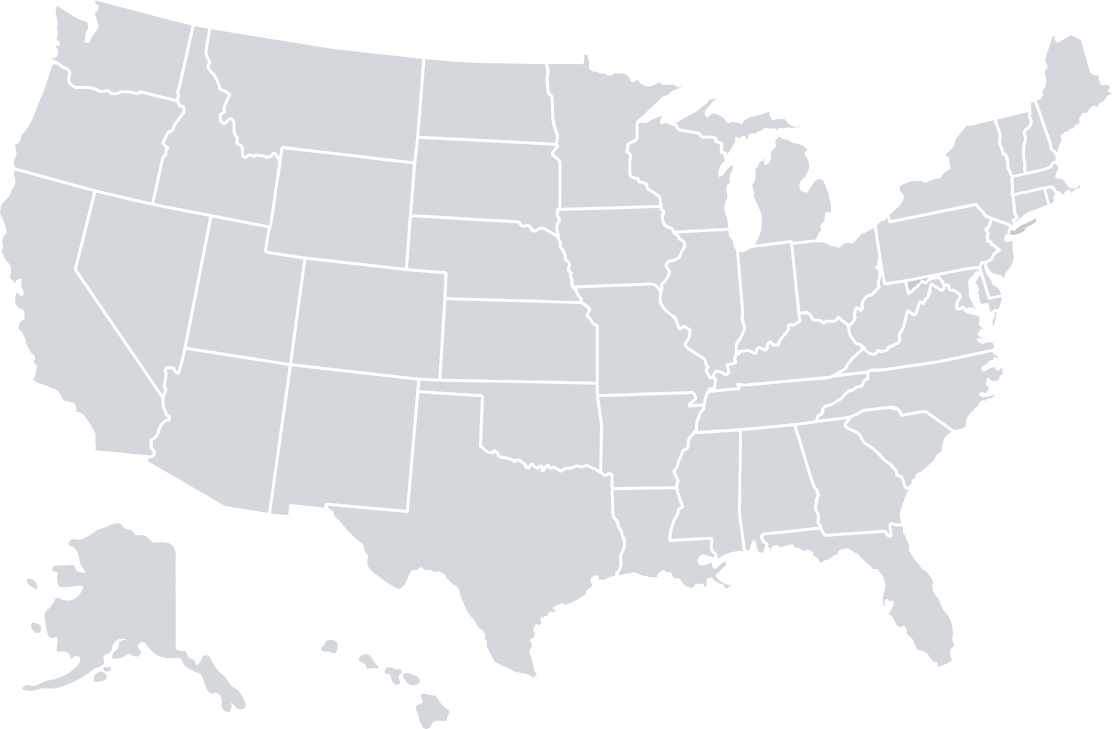
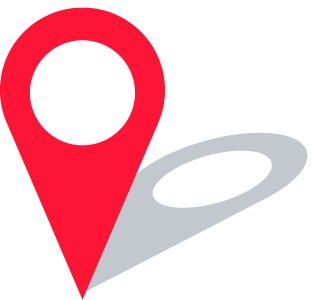
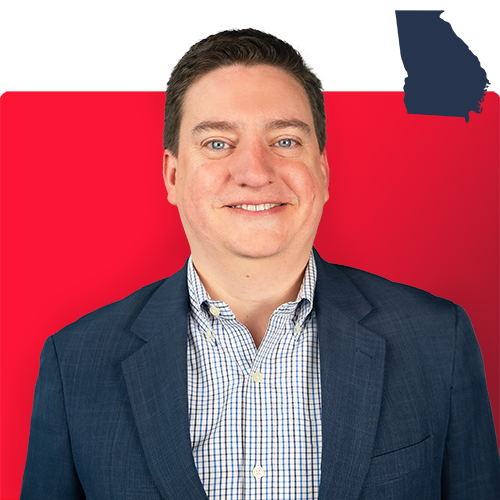
GeorgiaCAN
GeorgiaCAN seeks to identify and advance common-sense policies that put the needs of students first. We engage local stakeholders—from community members to policy makers—to advocate for student success throughout the entire public education system.

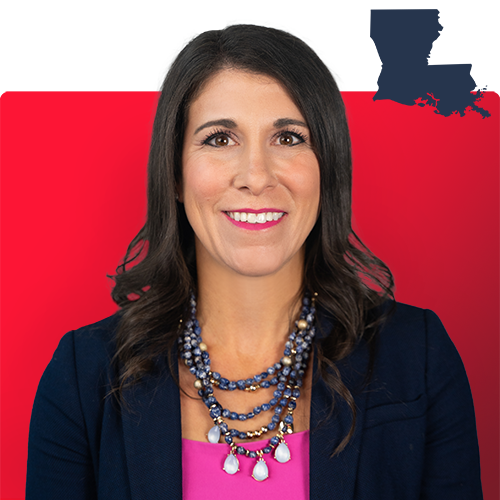
Louisiana Kids Matter Campaign
Louisiana Kids Matter Campaign was created to ensure every student in Louisiana receives a high-quality education regardless of their zip code.






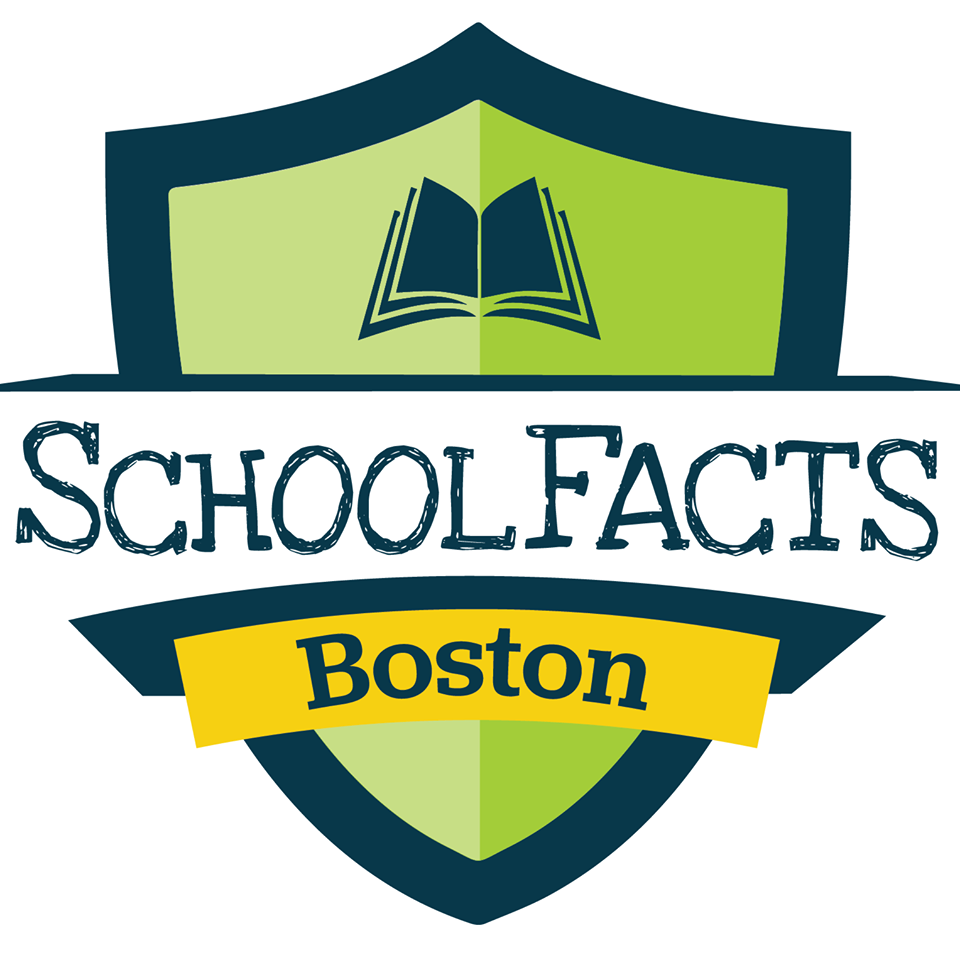
50CAN Builder
SchoolFacts Boston is founded and run by Boston families committed to working together to improve education for all in Boston.

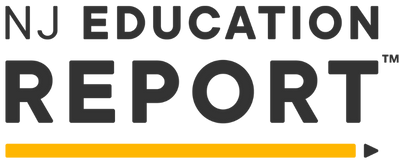
50CAN Builder
Dedicated to fact-based journalism and commentary on the state of education in New Jersey.

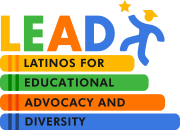
50CAN Builder
LEAD is an organization that empowers communities as we "Serve to Advocate" for the advancement of high-quality charter schools in the State of Connecticut.


50CAN Builder
Charleston RISE empowers public education advocates by connecting them to each other and then preparing them to improve our schools…together.

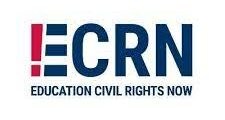
50CAN Builder
ECRN is working to make quality public schools a civil right for all children in America.

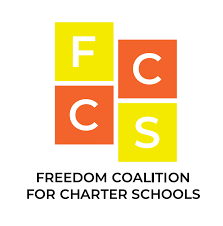
50CAN Builder
Expanding quality public school options and ensuring Black and Brown voices are heard.





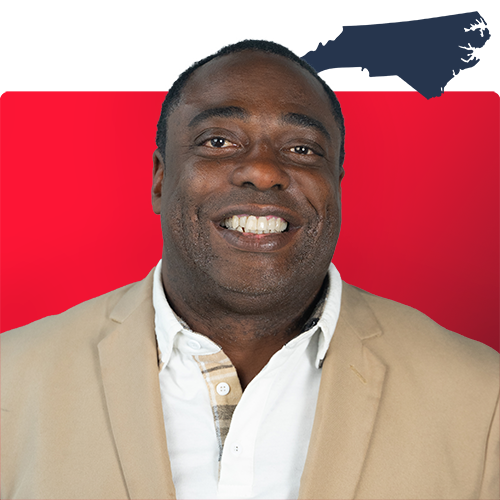
CarolinaCAN
NorthCarolinaCAN advocates for the success of every North Carolina student, from pre-K through college and career. We improve policy to help all students thrive and share promising practices and stories to demonstrate that all kids CAN succeed.

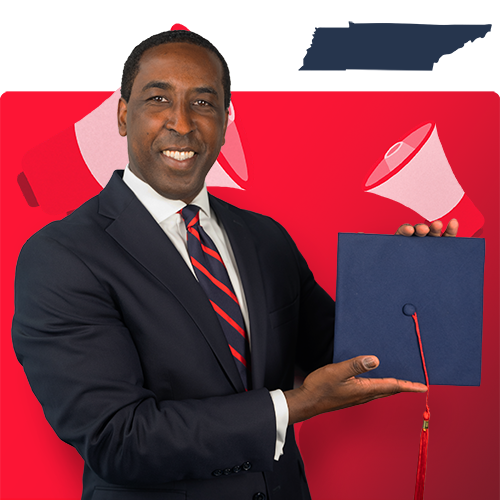
TennesseeCAN

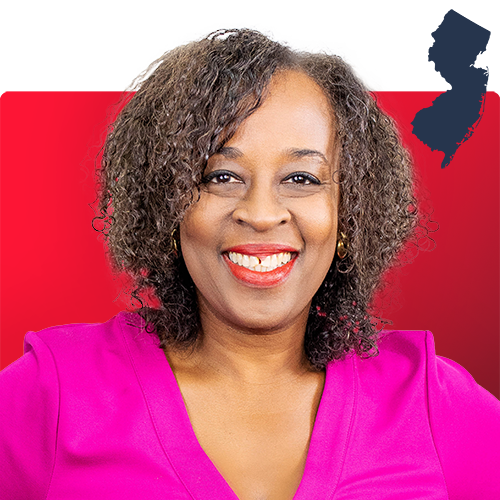
JerseyCAN
JerseyCAN believes that all families must have access to high-quality schools and that students need continuous support with appropriate resources and excellent teaching, regardless of their zip code, cultural background or socioeconomic status.

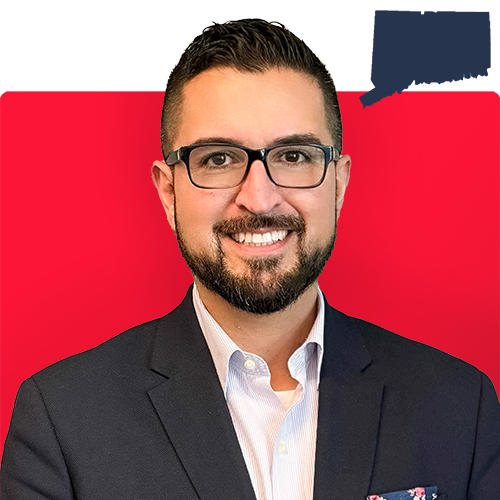
ConnCAN
ConnCAN is leading a movement to improve education outcomes for Connecticut’s kids. We bring advocates, policymakers, parents and educators together to give all kids access to the great public schools they deserve.
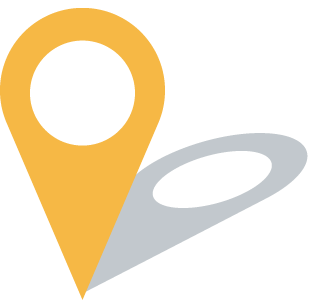

50CAN Action Fund's Believe in Better Education Policymakers Fellowship
Milwaukee Board of School Directors
Darryl Jackson
Milwaukee Board of School Directors


50CAN Action Fund's Believe in Better Education Policymakers Fellowship in New Mexico
New Mexico House of Representatives


50CAN Action Fund's Believe in Better Education Policymakers Fellowship in Nevada
Nevada House of Representatives


50CAN Action Fund's Believe in Better Education Policymakers Fellowship in California
Hermosa Beach School Board


50CAN Action Fund's Believe in Better Education Policymakers Fellowship
Shelby County Commission
Harold Love
Tennessee House of Representatives
Bo Watson
Tennessee Senate


50CAN Action Fund's Believe in Better Education Policymakers Fellowship in Georgia
Atlanta School Board
Scott Hilton
Georgia House of Representatives

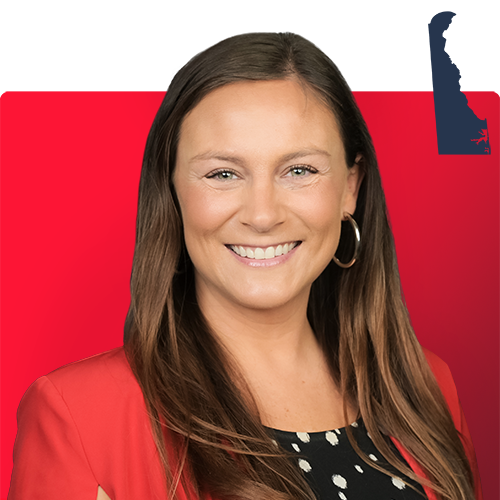
DelawareKidsCAN
We believe it will take a community of advocates pushing the system to make sure all schools help kids achieve their potential. And we believe Delaware needs to act NOW to create the type of education system students deserve.

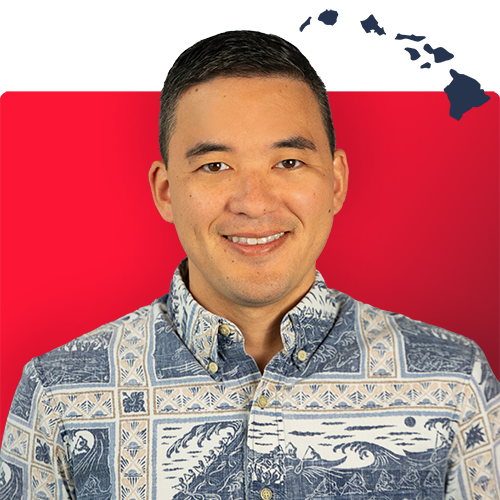
HawaiiKidsCAN
HawaiiKidsCAN will empower communities with accessible information about our schools, and help elevate their voices and concerns to build the conditions for all students in Hawaii to thrive.

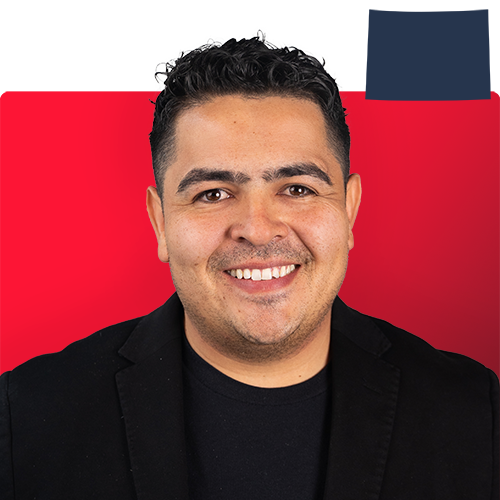
Transform Education Now (TEN)
TEN will empower communities with accessible information about our schools, and help elevate their voices and concerns to build the conditions for all students in Colorado to thrive.


NewMexicoKidsCAN
NewMexicoKidsCAN serves as a catalyst and conduit to advocate for community-informed, student-centered and research-backed education policies that work best for the children of New Mexico. By connecting policy, instructional practice and politics, we reimagine what is possible in New Mexico’s public education system.
Our Team
50CAN is, ultimately, about people. We are working to build an organization where talented advocates are able to do the best work of their lives in a culture that supports and sustains them.
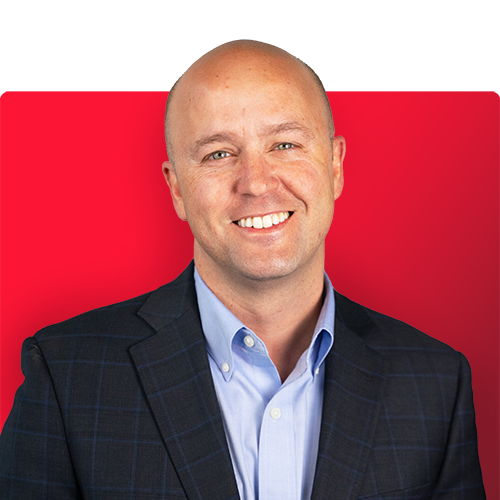
Marc Porter Magee
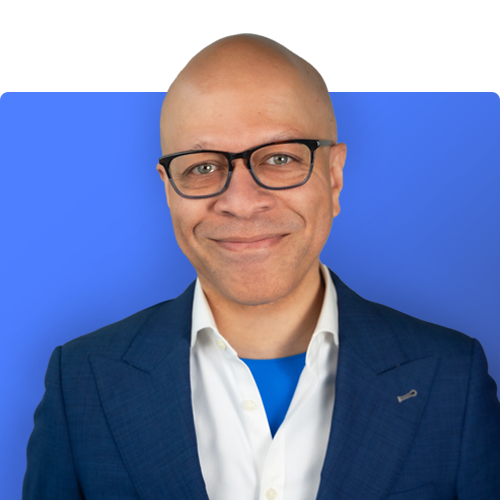
Derrell Bradford

Jonathan Nikkila

Amanda Aragon

Marcus Brandon

Kelli Bottger

Steven Hernández, Esq

Nicholas Martinez

Britney Mumford

Michael O’Sullivan

David Sun-Miyashiro



